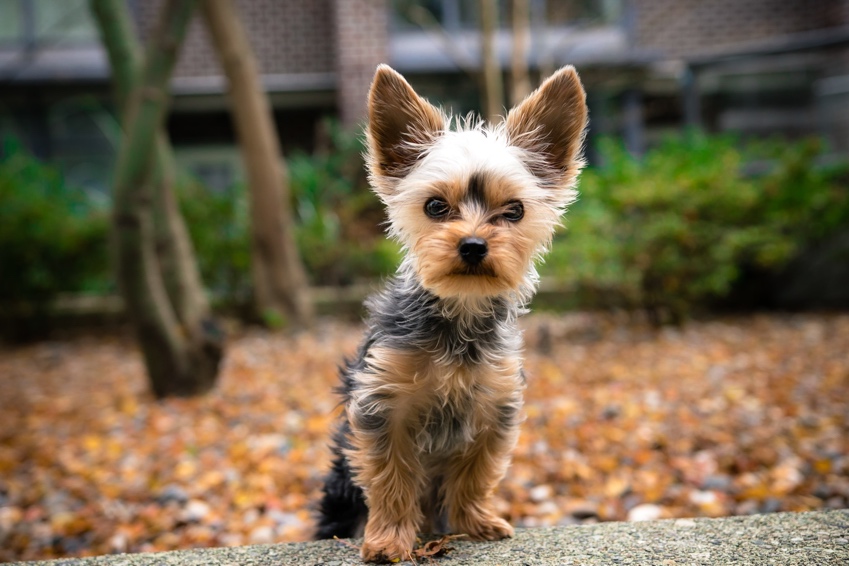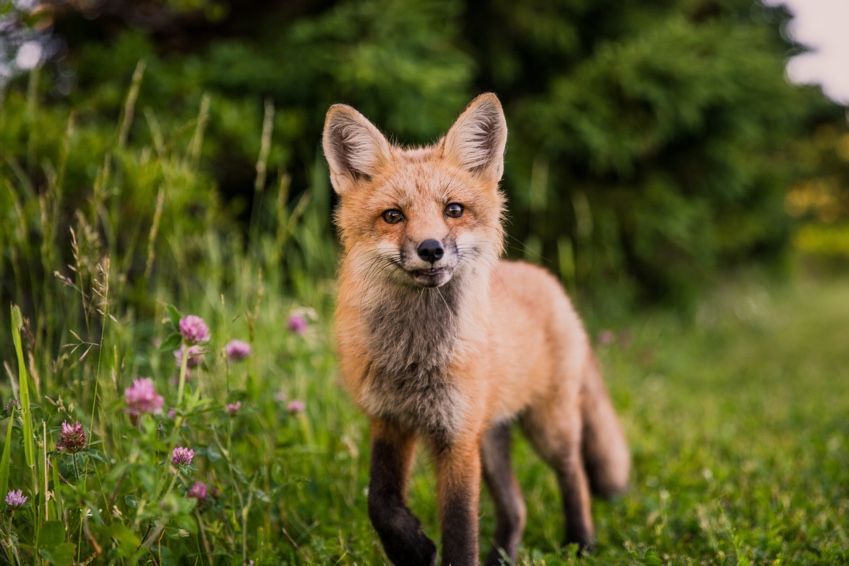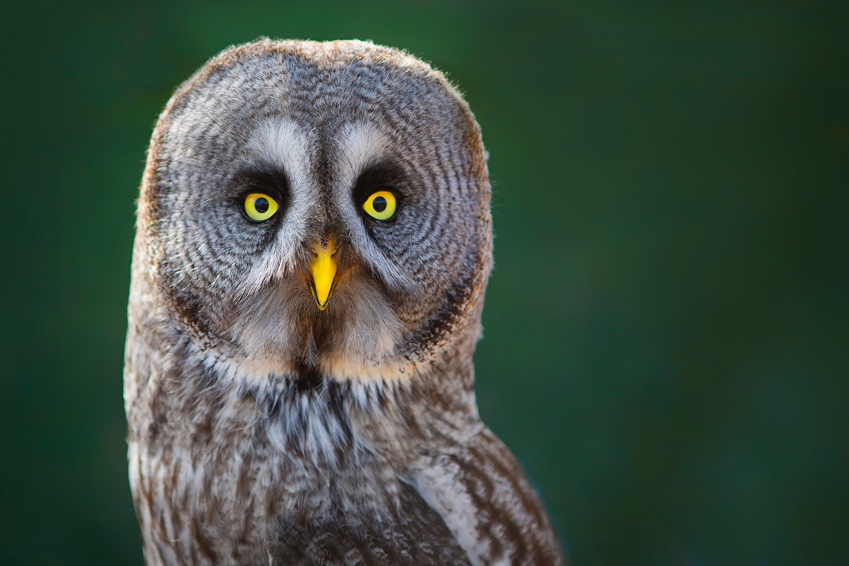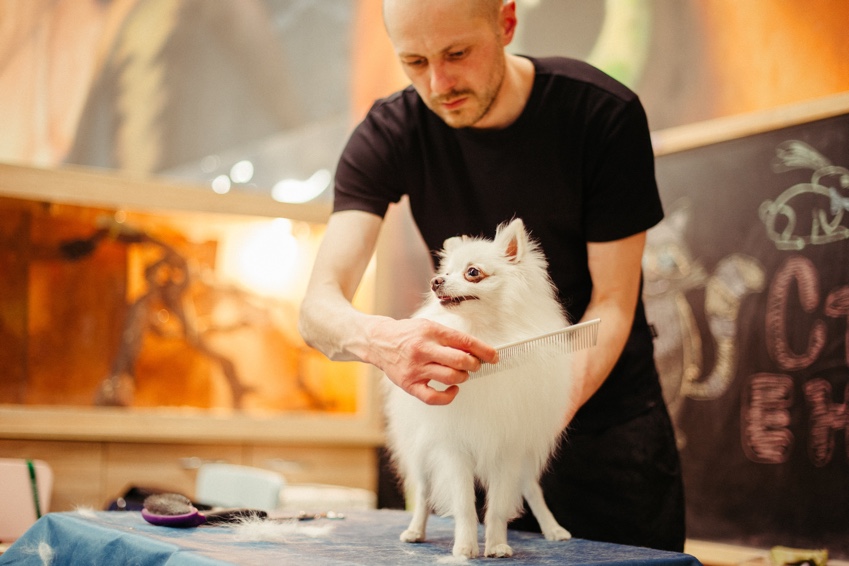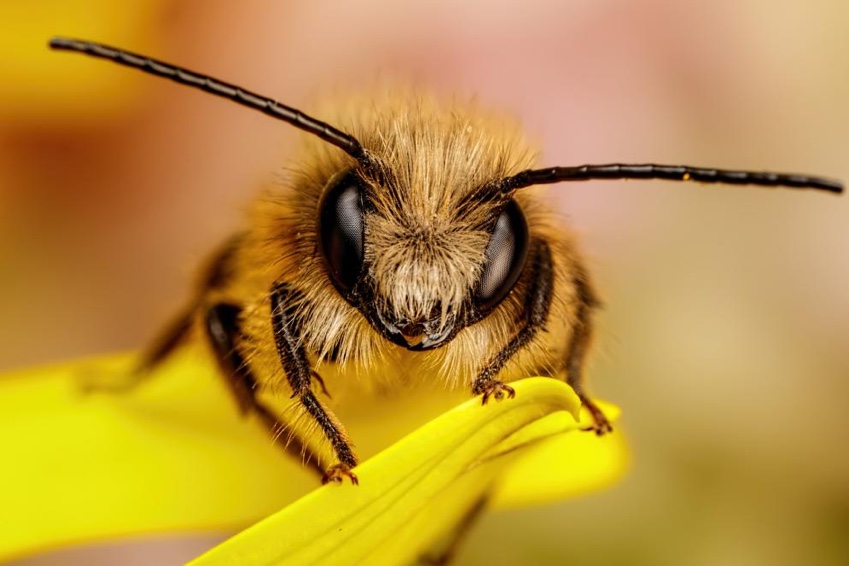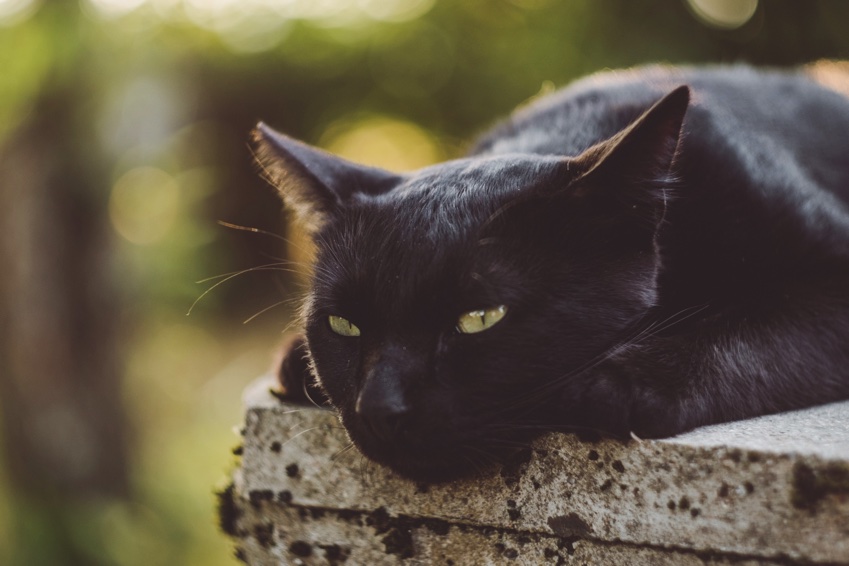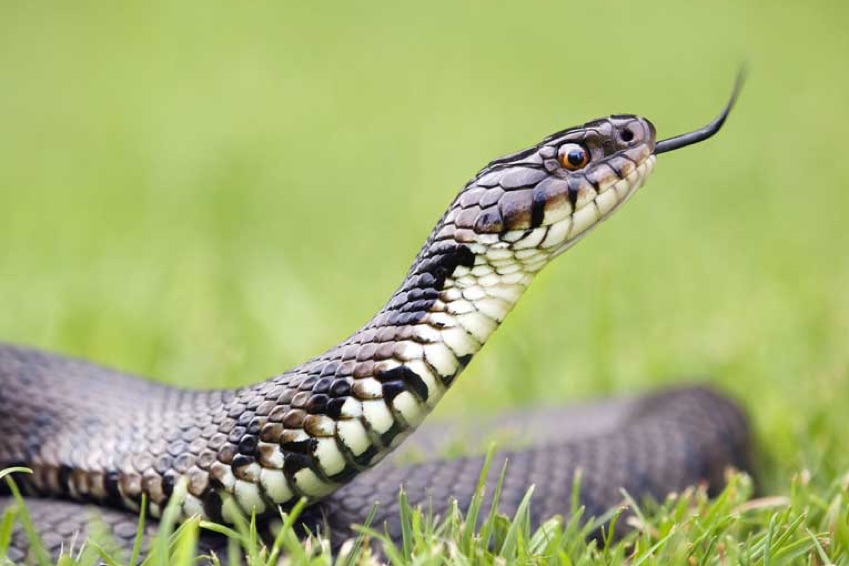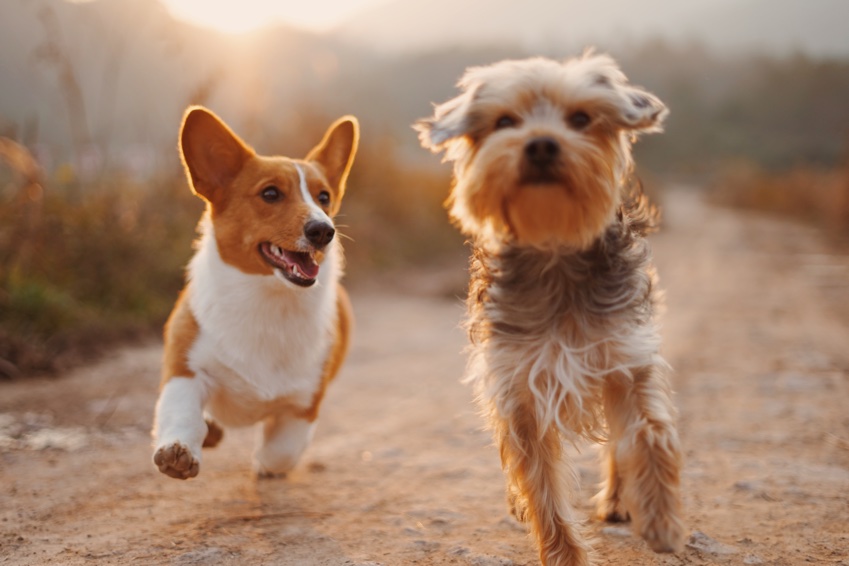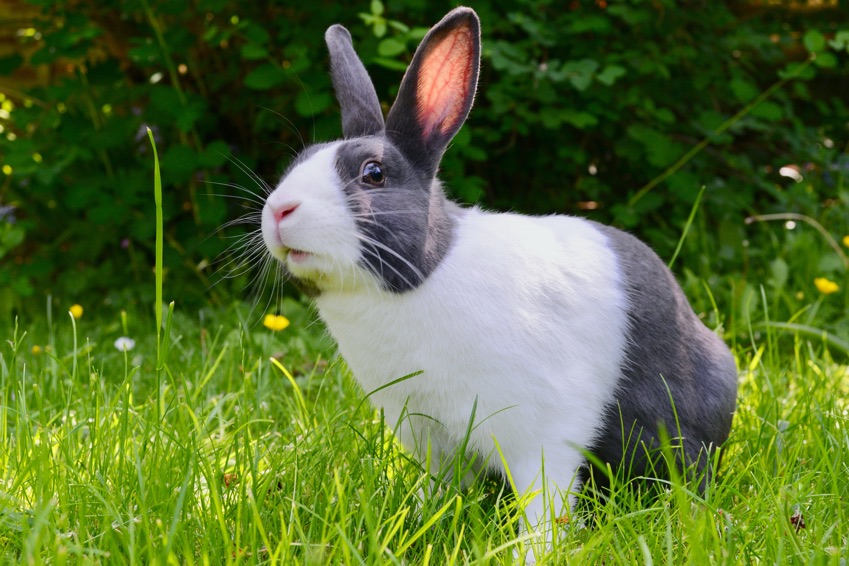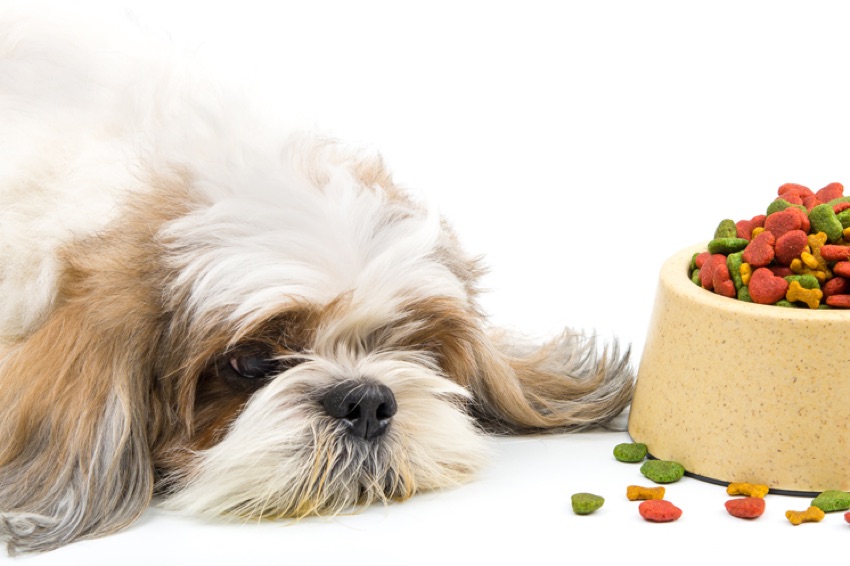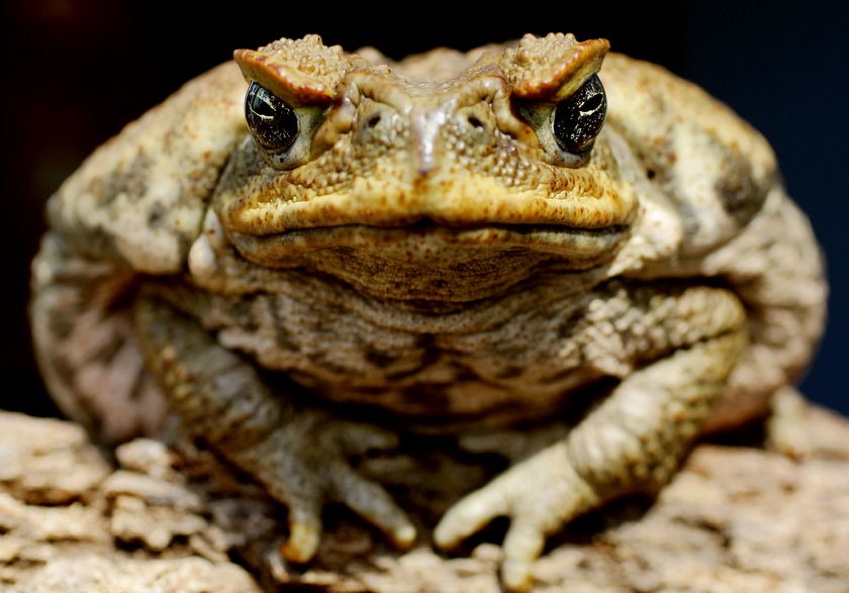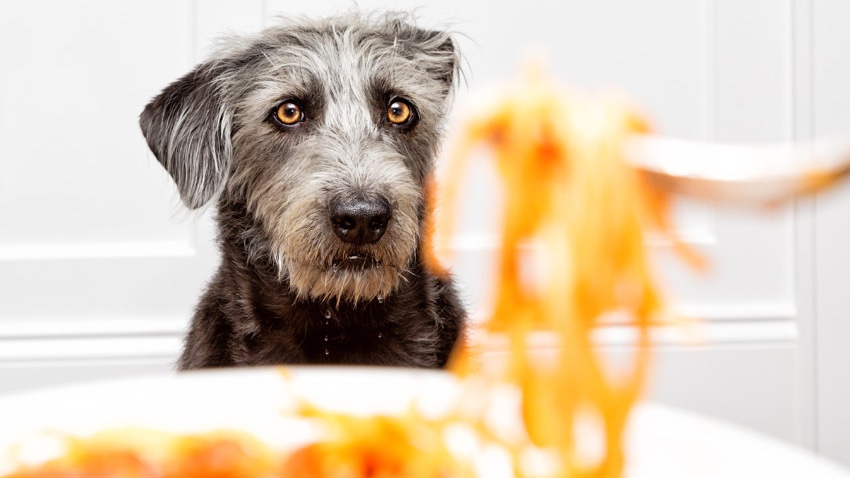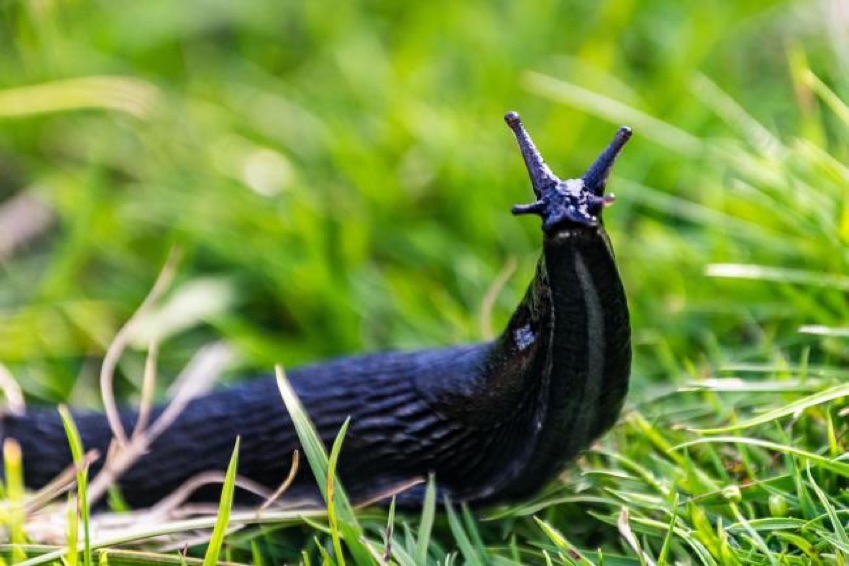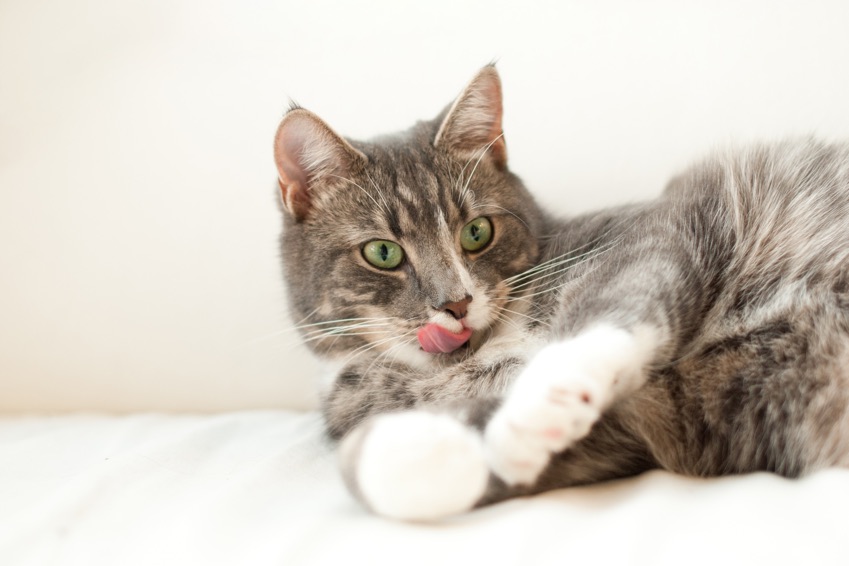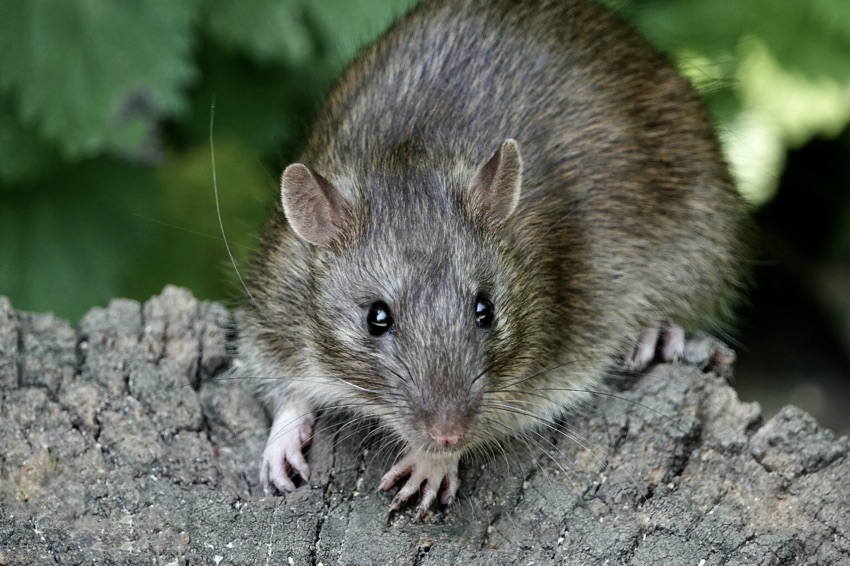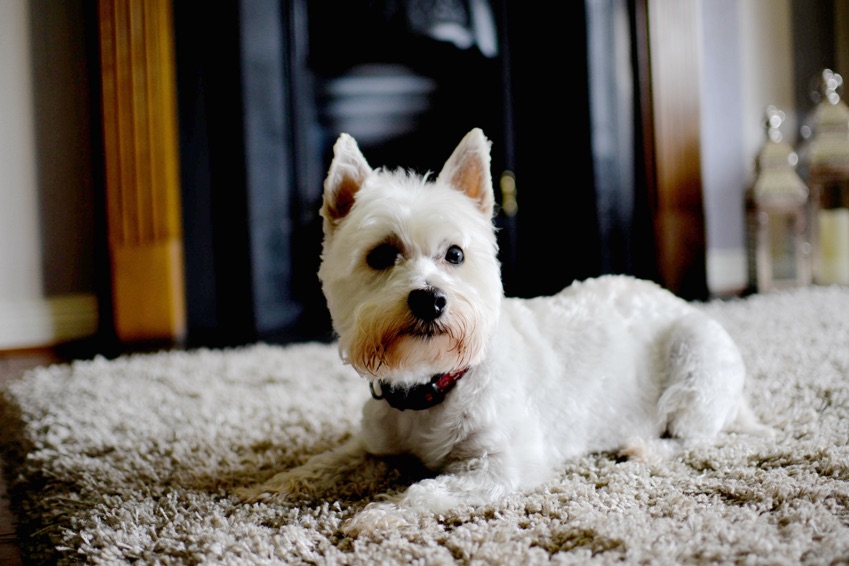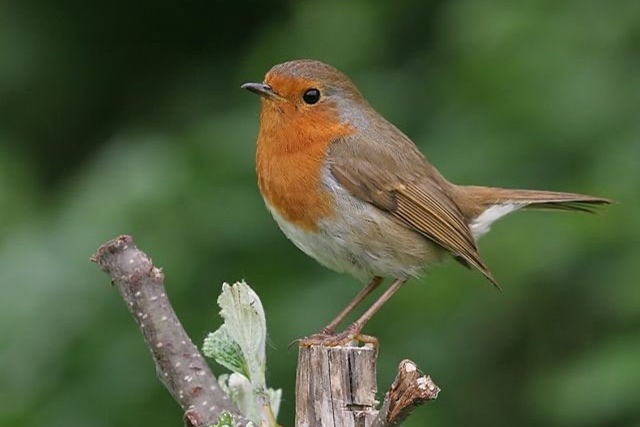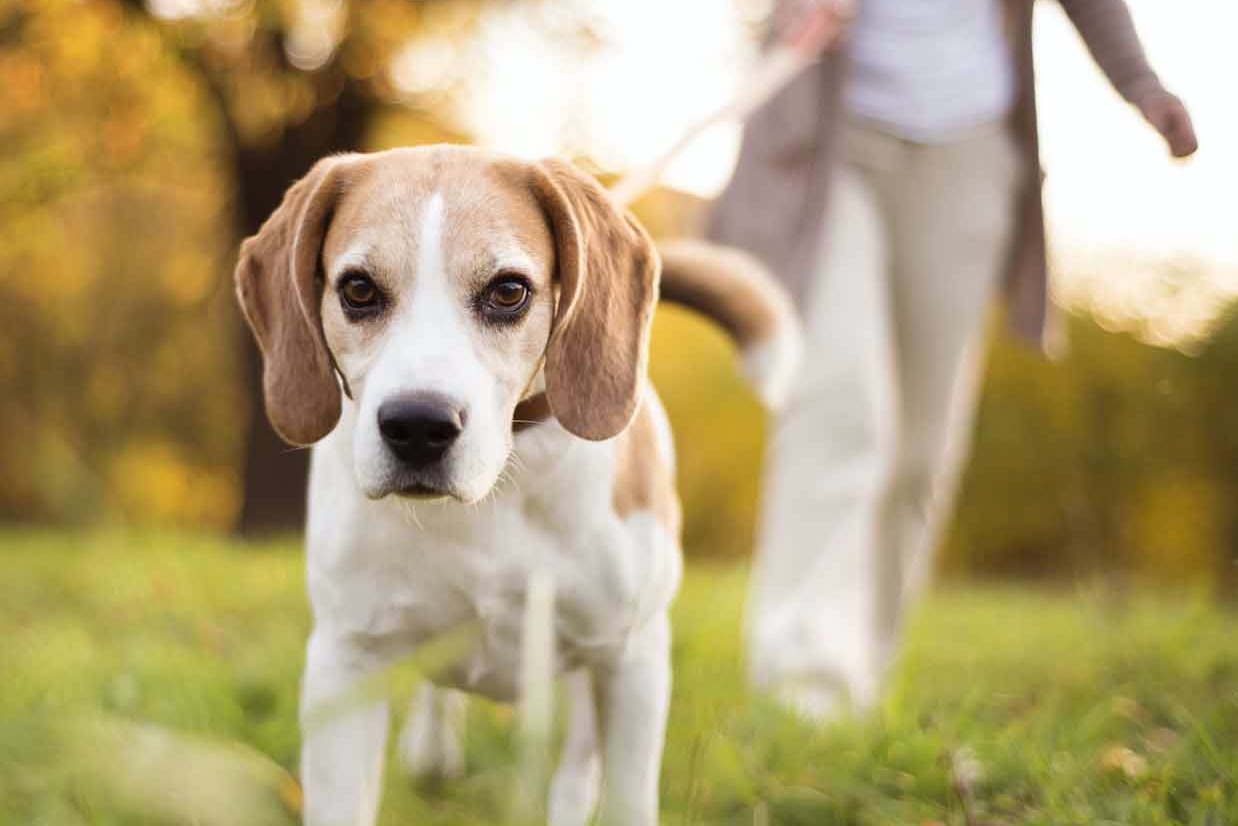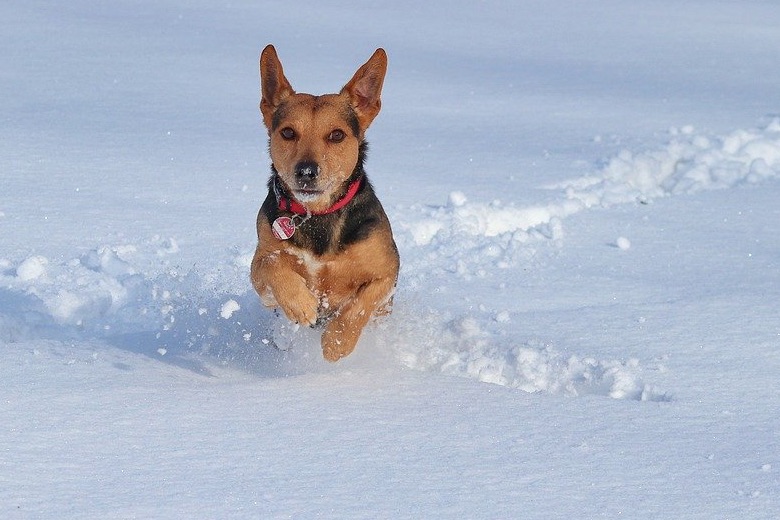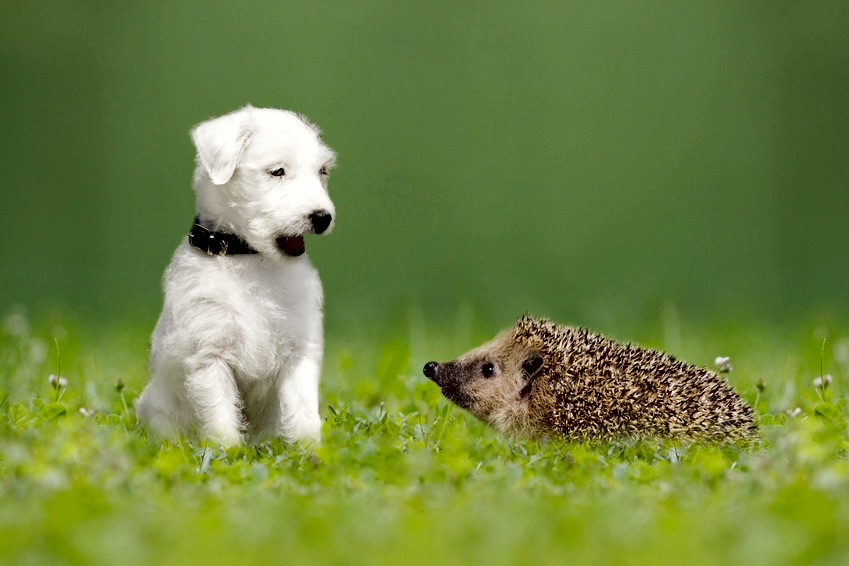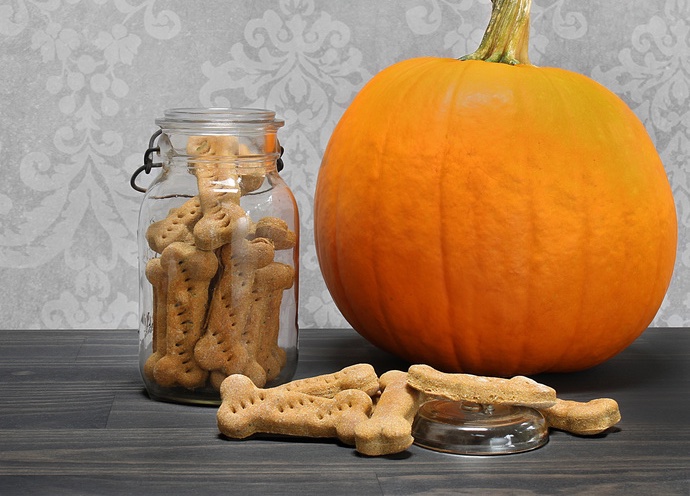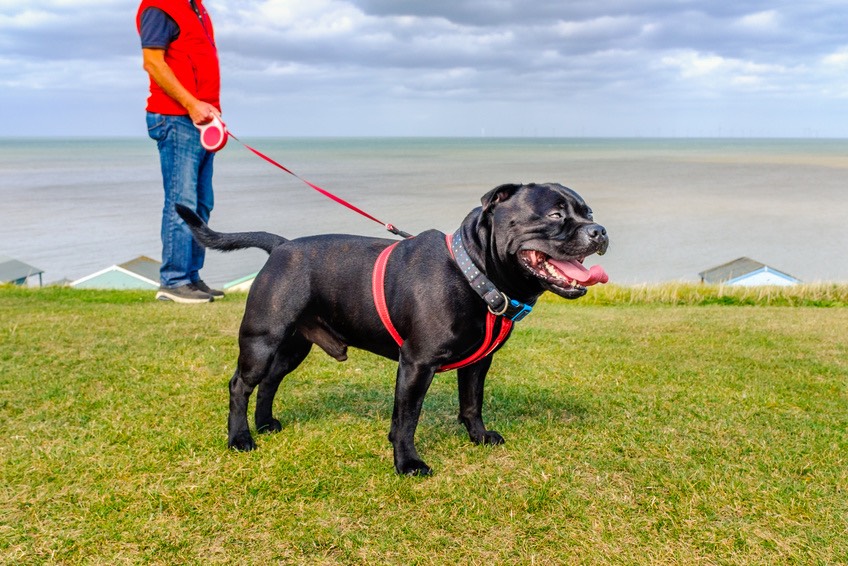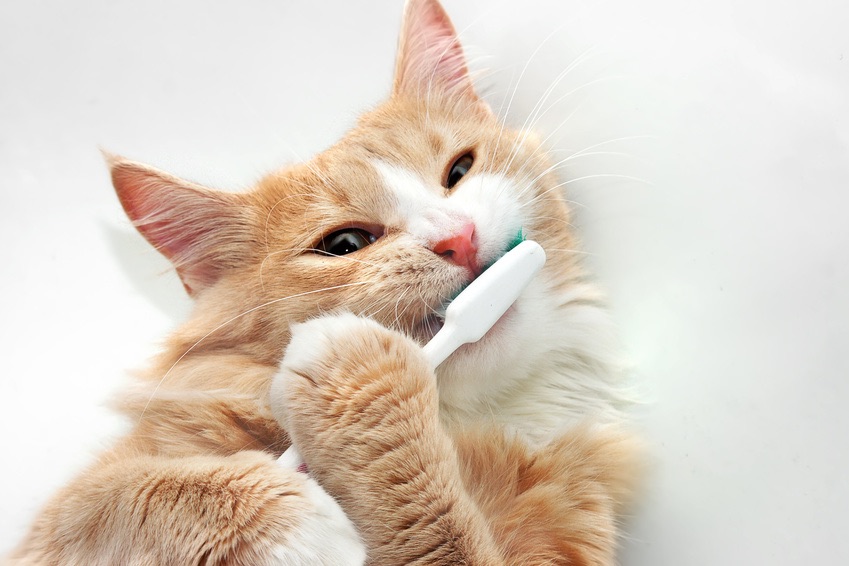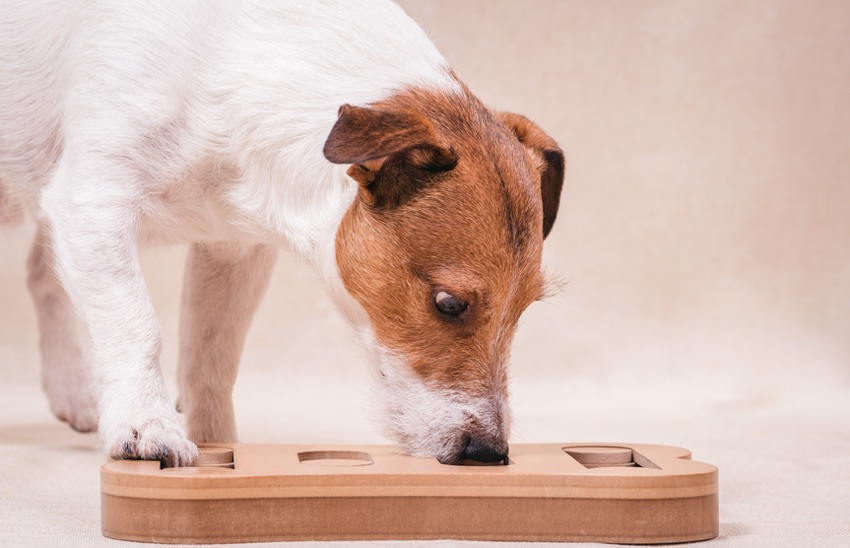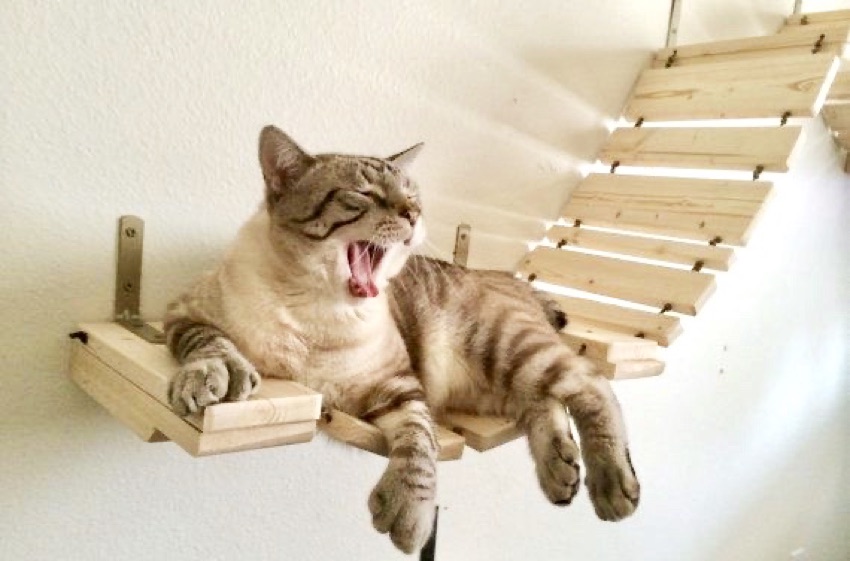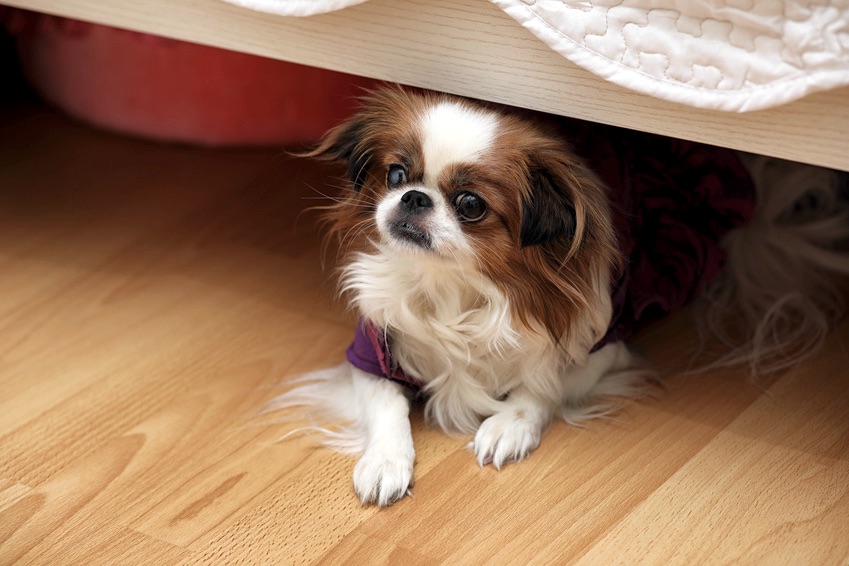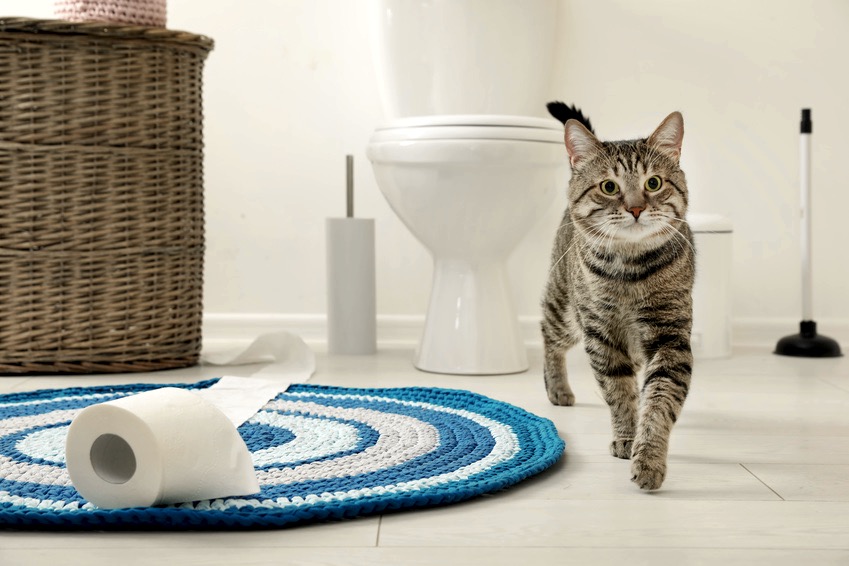Many of us are familiar with that unpleasant aching in the jaw not long after waking up. It’s a tell-tale sign of a restless night, more likely than not due to stress. Maybe your dentist has peered at your pearly-whites and tutted disapprovingly before recommending a night guard or some similar expensive contraption to stop you grinding your teeth while you sleep. Bruxism is the official name for what most of us know as teeth grinding – it can be quite serious and cause severe damage if left untreated, but did you know you’re not the only one affected? Unfortunately, even our canine chums are known to suffer from teeth grinding.
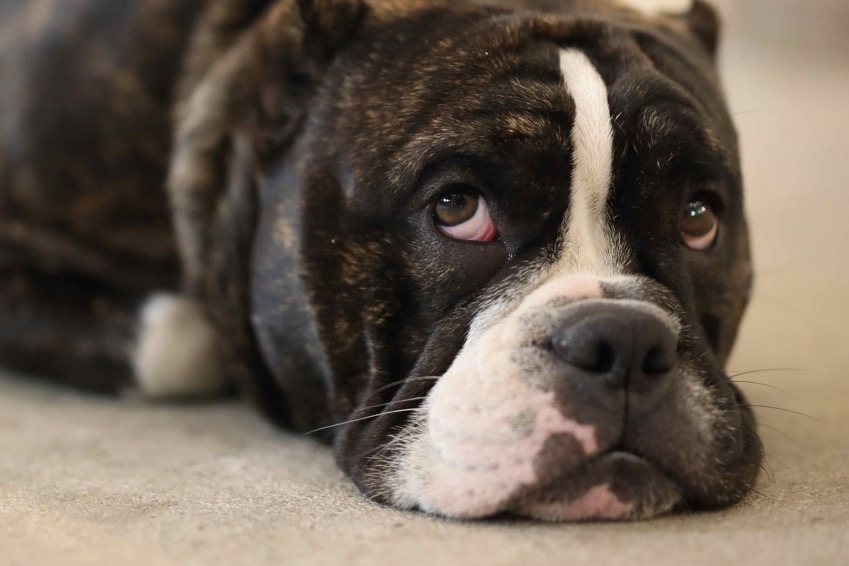
What is Bruxism?
Bruxism occurs when the top teeth rub against the bottom teeth in a horizontal direction, rather than the typical vertical motion we use for chewing.
Dogs can also exhibit this abnormal behaviour with equally severe consequences. If your pet is showing signs of grinding their teeth, you must take them to your vet as soon as possible.
A dog who is grinding their teeth can cause all sorts of oral mischief. It is a very serious habit which can cause fractures, which can then lead to infection. It can also expose pulp, which can cause immense pain. What’s more, there will be enamel erosion, which can cause more serious problems over the course of time. Grinding also puts stress on the jaw joint itself, which can lead to arthritis.
Considering they have no bills to pay and no grumpy boss to please, why do dogs grind their teeth? There are many reasons which can lead to this behaviour.
Stress
One of the main reasons for canine grinding is indeed stress. Pets can feel stress in a very similar fashion to humans. It can be caused by many things - such as a change in environment. Maybe you’ve recently moved or have just adopted another pet. Even introducing a new baby can be stressful for our pups. Your vet will have several recommendations about what to do if your dog is a bit too stressed out - and these can include anti-anxiety medications, behavioural therapy, or even herbal supplements.
Pain
Another reason dogs might grind their teeth is pre-existing pain. Some dogs who are experiencing pain in the abdomen or mouth will grind their teeth. Again, it’s important to have your vet check them out to narrow down the real cause.
Jaw Misalignment
Possibly the least malignant cause for dogs to grind their teeth is a jaw misalignment. This is usually a birth defect but may only become apparent as your pup grows. If your dog is grinding their teeth because of a misalignment, your vet may refer them to a veterinary orthodontist who may be able to correct the problem. According to the NDPA, misalignment could also cause problems when eating and drinking, too.
What Can I Do?
So - how do you spot signs of teeth grinding in your pet? Well, if you’re not there to witness the grinding, it can be tricky.
The easiest way is to check the state of your pup’s teeth to see if you can spot any attrition. Other symptoms in humans include mouth and jaw pain as well as headaches, and although animals may suffer the same symptoms, it can be almost impossible to pick up on these very discreet signs. Therefore, it pays to be vigilant. You never know if your dog is grinding without you ever realising it.
If you do notice you pet is showing signs of tooth wear or oral discomfort please do contact your vet as soon as possible. ![]()
 blog
blog